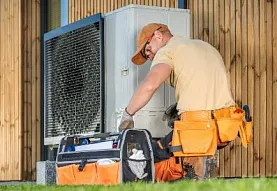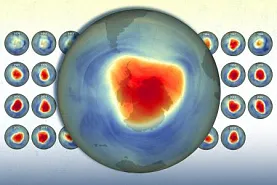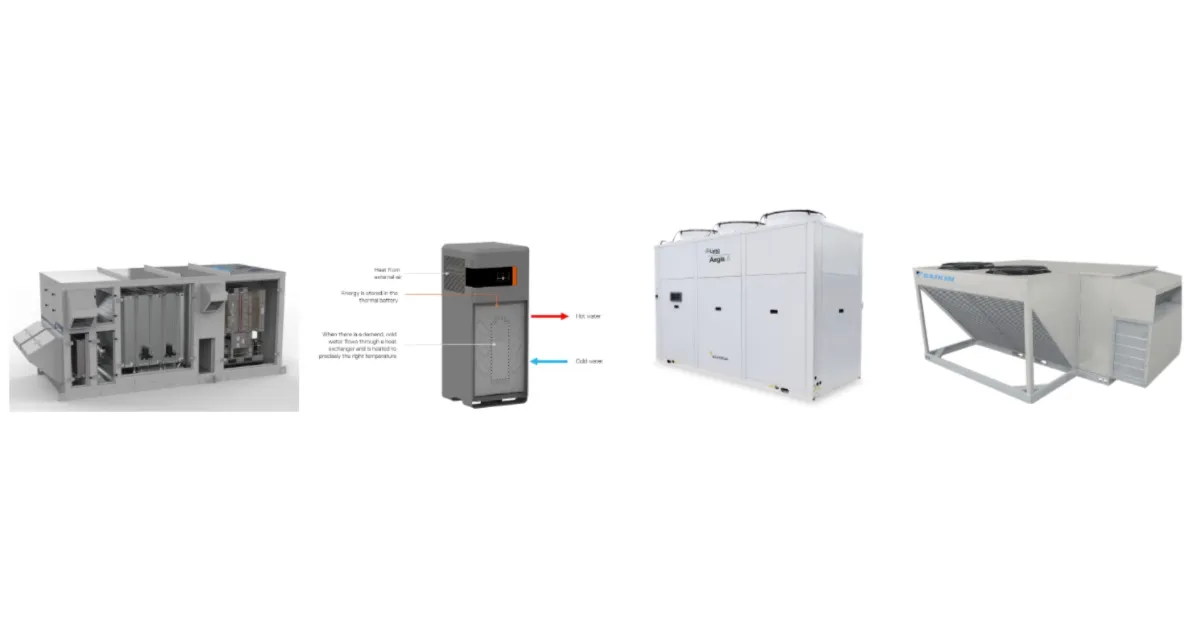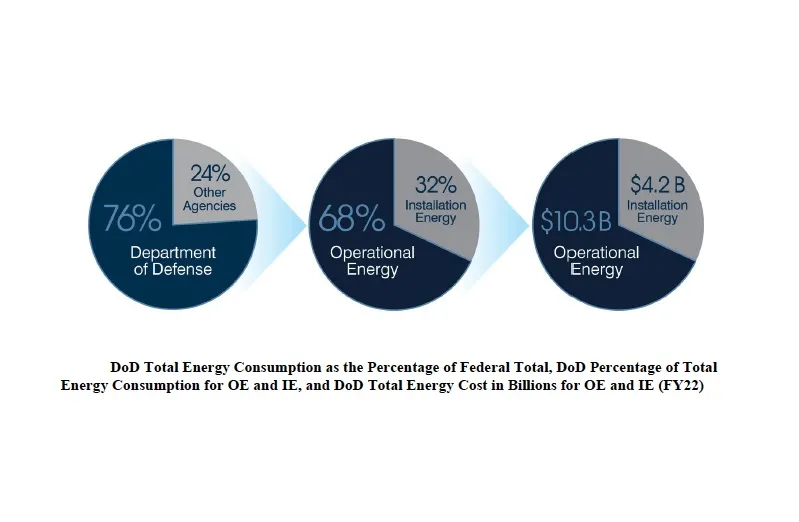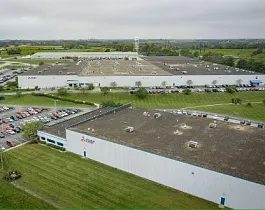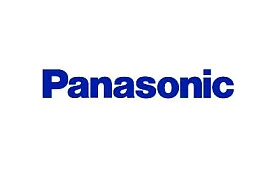
Defense Innovation Unit Awards Contracts for Efficient Heating and Cooling Prototypes
The Defense Innovation Unit (DIU), in collaboration with the Department of Defense’s (DoD) Environmental Security Technology Certification Program (ESTCP), has awarded contracts to three companies for the development and installation of advanced heating and cooling systems at DoD facilities. The initiative aims to reduce energy consumption, greenhouse gas (GHG) emissions, and annual energy costs, which currently amount to approximately $4 billion.
Out of 40 contenders, GTI Energy Inc., Blue Frontier LLC, and Intellihot LLC were selected to prototype innovative air conditioning and water heating technologies across several military bases.
Selected Technologies and Deployment
-
GTI Energy (Des Plaines, Illinois):
- Technology: Air-water Lync heat pumps for domestic hot water and dual-fuel rooftop hybrid units.
- Deployment Sites: Barracks at Fort Gregg-Adams and Fort Moore; Applied Instruction Hangar at Fort Gregg-Adams.
- Purpose: Reduce reliance on traditional fuel sources and improve energy efficiency.
-
Blue Frontier (Boca Raton, Florida):
- Technology: Liquid Desiccant-Enhanced Dedicated Outdoor Air System (LD-DOAS), capable of energy storage and moisture control.
- Deployment Sites: Commissary/community spouses club at Fort Moore, Georgia; Bowling alley at Westover Air Reserve Base, Massachusetts.
-
Intellihot (Galesburg, Illinois):
- Technology: Tankless heat pump water heaters.
- Deployment Site: Recreation building at Westover Air Reserve Base, Massachusetts.
Addressing DoD Energy Demands
With over 500 bases housing approximately 300,000 buildings across varied climate zones, the DoD requires robust and efficient heating and cooling systems. These facilities account for 33% of the DoD's total infrastructure energy consumption, with heating and cooling operations contributing up to 45% of a building’s energy use.
Performance Monitoring and Validation
The ESTCP will oversee the measurement and validation process, comparing the new systems' performance with legacy units. Data collection over one year will ensure seasonal performance metrics are analyzed, aiding the evaluation of energy efficiency improvements.
Expert Commentary
“Installation energy programs like the Heat Pumps prototypes project support an incredibly important national mission to increase the efficiency of heating and cooling needs at our stateside and foreign bases,” said Dr. Andrew Higier, DIU Energy Portfolio Director.
Tim Tetreault, Program Manager for Installation Energy and Water at ESTCP, highlighted the project’s potential: “These new technologies have great potential to reduce base energy costs, improve building performance, and reduce greenhouse gas emissions.”
Looking Ahead
The prototypes are set for installation and testing in 2024 and 2025. This effort underscores the DoD's commitment to modernizing its infrastructure, reducing its environmental footprint, and achieving long-term cost savings.
Related News
